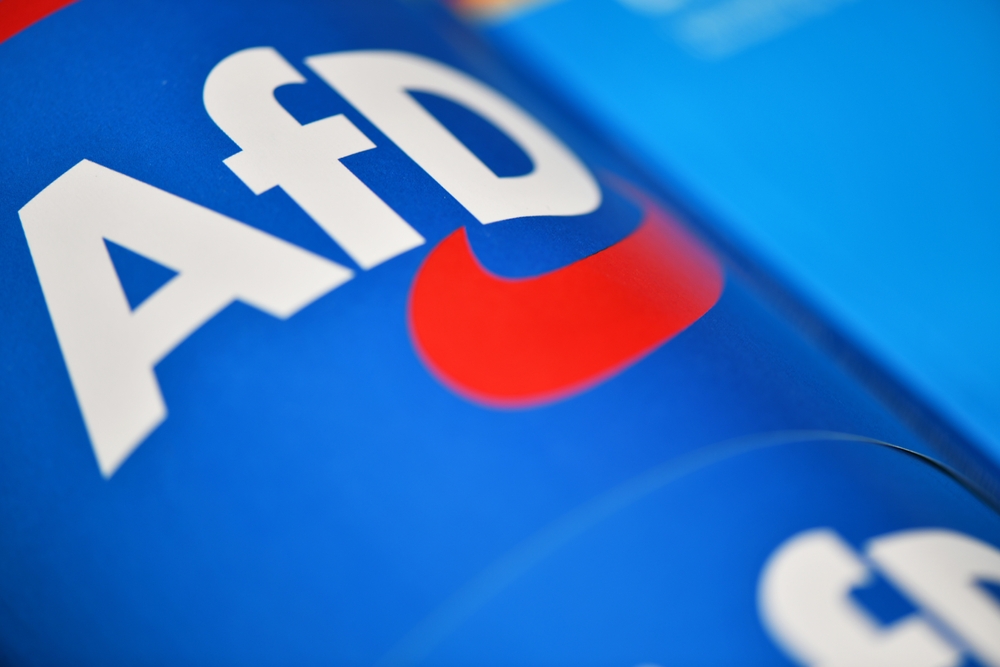Almost one in four German voters have expressed support for the right-wing Alternative for Germany (AfD), as the party recorded its highest-ever polling in the latest public opinion survey.
Polling conducted by INSA for Germany’s Bild newspaper revealed that 23 percent of respondents planned to vote for the anti-globalist, anti-mass immigration party in next year’s European parliamentary elections.
Support for the party has almost doubled from the 12 percent recorded ahead of the last elections in 2019, with the AfD now the second-most popular party in Germany behind the opposition CDU/CSU.
The party appears to have attracted votes from the center-right CDU/CSU, which has seen its support drop by 2.9 percentage points, while support for the Green party has dropped by 5.5 percentage points to 15 percent.
The poll follows similar recent surveys showing a significant trend in support for the right-wing party. The AfD opposed the coronavirus lockdowns as well as the EU-imposed anti-Russian sanctions following Russian President Vladimir Putin’s invasion of Ukraine in February last year.
[pp id=87498]
An Ipsos survey published last month had the party at 22 percent. The head of political and social research at Ipsos, Robert Grimm, described the AfD’s polling success as a “drumbeat,” noting that German citizens have rarely been “as dissatisfied with the development of the country as they are at the present time.”
The surge in popularity has resulted in electoral success over the past few months. Robert Sesselmann became the first AfD politician to win a district in Germany, with over 52 percent of the vote in June, and Hannes Loth won the party’s first mayoral election in the German state of Saxony-Anhalt last month.
The party has also placed second in a number of recent state elections, electoral gains that have led to Germany’s mainstream parties attempting to ostracize the AfD.
German President Frank-Walter Steinmeier called the party’s rise in popularity “alarming” and denounced the group as “hate-mongers.”
[pp id=86813]
CDU leader Friedrich Merz suffered an almighty backlash from members of his own party after suggesting his party colleagues may have to work with the AfD at a municipal level if they continue to transform polling success into electoral victories. The leader of the opposition was reminded of a party resolution to never work with the AfD, a move that could end up being to his party’s detriment should the right-wing group continue to siphon off support from his party’s core voters.






